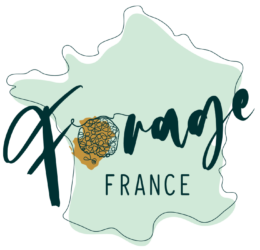The dandelion is one of those wild flowers that everybody thinks they know, but it can easily be confused with one of the other plants in the family with yellow ‘dandelion’ flowers. The dandelion itself can be divided into over 200 micro species each based on the leaf shape.
If you play the video it will show the opening and closing of the flower head. This happens at dawn and dusk every day the flower blooms. It is often missed as it happens so slowly.
I.D. – The solitary flower grows on top of a weak, hollow and reddish stalk. It is salt tolerant so will grow in abundance along roadside verges.
According to Nicholas Culpeper in the 17th Century* ‘It is known to the vulgar as Piss-a-beds’, which is due no doubt to its diuretic property. The root grows down exceedingly deep and will grow again if broken off in the ground.

Dandelion can be found all over the UK in meadows, pastures & gardens.
Historically, according to Mr Culpeper, dandelion has opening and cleansing qualities and, therefore, very effectual for removing obstructions of the liver, gallbladder and spleen and diseases arising from them, such as jaundice. ‘It openeth the passages of the urine both in young and old and will cleanse ulcers in the urinary tract. for this purpose the decoction of the roots or leaves in white wine or the leaves used as pot herbs are very effectual’.
Personally I think anything mixed with wine is good…

In modern medicine the bile production and urinary output from the kidneys is increased with this herb. As a diuretic, it is superior to many produced synthetically by pharmaceutical companies.
The diuretic effect of dandelion is helpful in the treatment of a number of other conditions, particualary chronic disorders like rheumatism, gout and eczema.
A dandelion coffee made from the roasted roots is available from health stores The fresh clean leaves can be added to salad in the spring.
The dandelion is a good plant to leave as long as possible in your gardens as it is one of the earliest to flower, meaning any emerging insects will have an early source of food. Simply pick the heads when they start to fade and it will not produce any seeds or spread.
Enjoy,
Tom
*(An English botanist, herbalist, physician and astrologer who was born Ockley, Surrey, 18 October 1616; died at Spitalfields, London, 10 January 1654).
